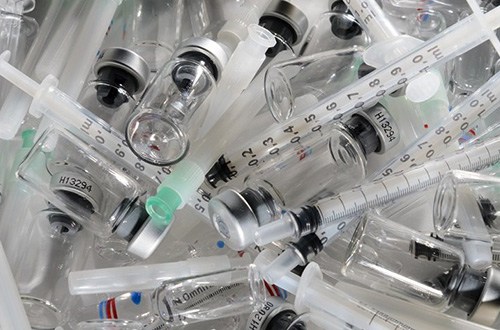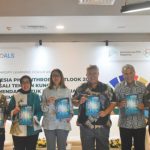Jakarta (Greeners) – Following recent fake vaccine case, green activist had suggested that containers could be from used bottles categorized as medical toxic waste.
It implied, added Puput TD Putra, executive director of Indonesian Forum for the Environment (Walhi) chapter Jakarta, that there was a loophole in the country’s toxic and hazardous waste management.
“Monitoring factor can be the cause of this fake vaccine case. The other one is business factor. It has been going on for years,” said Putra adding that the case has been going on since 2003, in Jakarta, on Monday (11/7).
Furthermore, he said that toxic and hazardous medical wastes were found being recycled into new items and even toys for children.
“These infectious waste from hospitals are not suppose to go straight to landfill,” he said.
He said government should have conduct an audit in hospitals or toxic waste management without third party.
Meanwhile, Sinta Saptarina, Director of Toxic and Hazardous Waste and Non Toxic and Hazardous Waste Management Assessment, said there was no connection between monitoring the waste and recent fake vaccine case.
Saptarina said that vaccines were raw materials meanwhile toxic waste was resulted from activities in hospitals and other health facilities.
However, she said that hospitals and health facilities were lacking in knowledge about medical waste management.
These hospitals and health facilities, she added, have below standard waste management and many of them without permits. Lack of proper medical waste management usually because of minimum funding and no human resources available.
“From the monitoring perspective, officials do not have technical knowledge on waste management, starting from incinerator, autoclave or microwave,” she said. “It is also hard to prove any illegal landfill.”
Furthermore, she said that ideally, toxic and hazardous waste management should be conducted by third party providing services so that hospitals and health facilities don’t have to manage them in their own areas.
“There are only four in Java island and one in East Kalimantan,” she said.
Reports by Danny Kosasih



















































